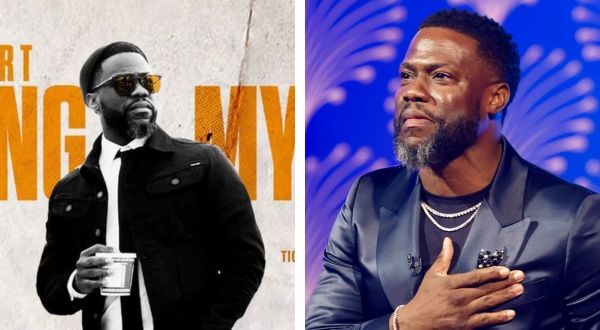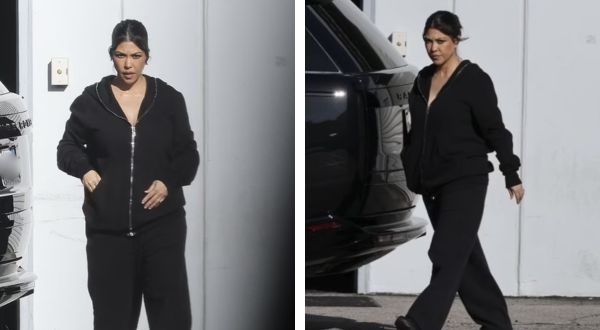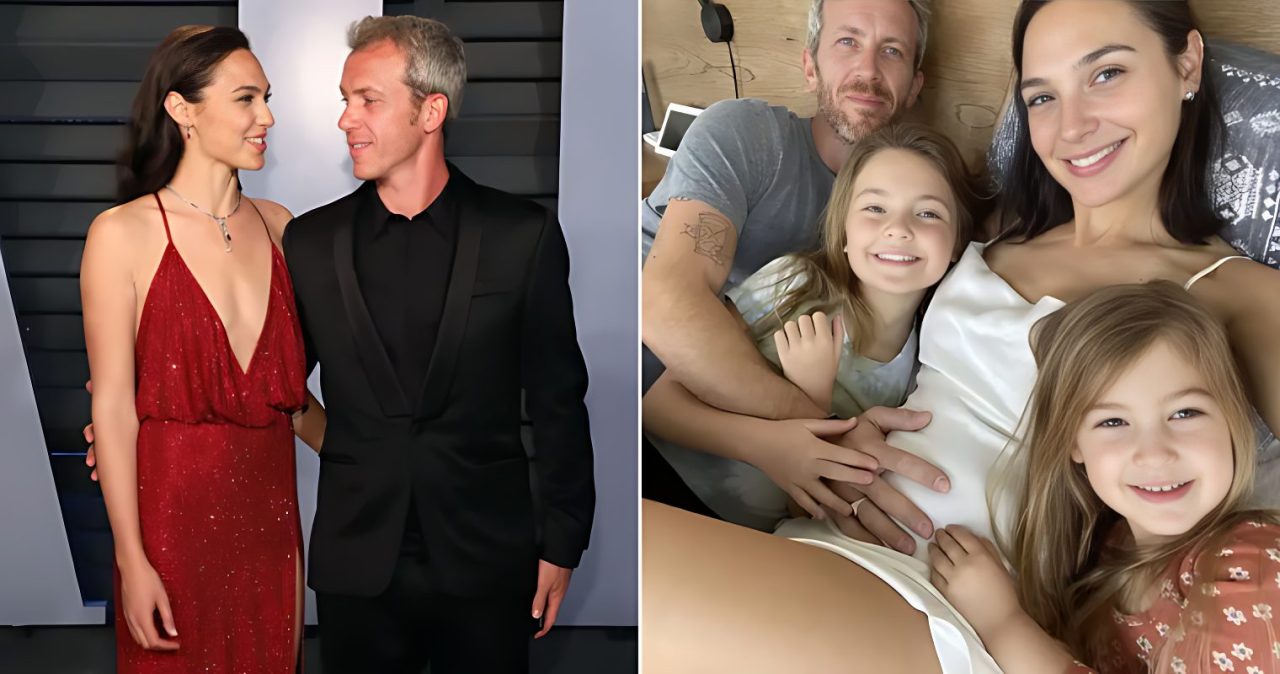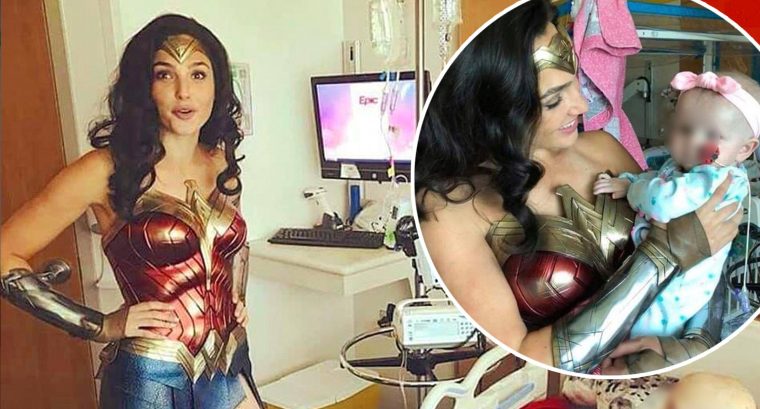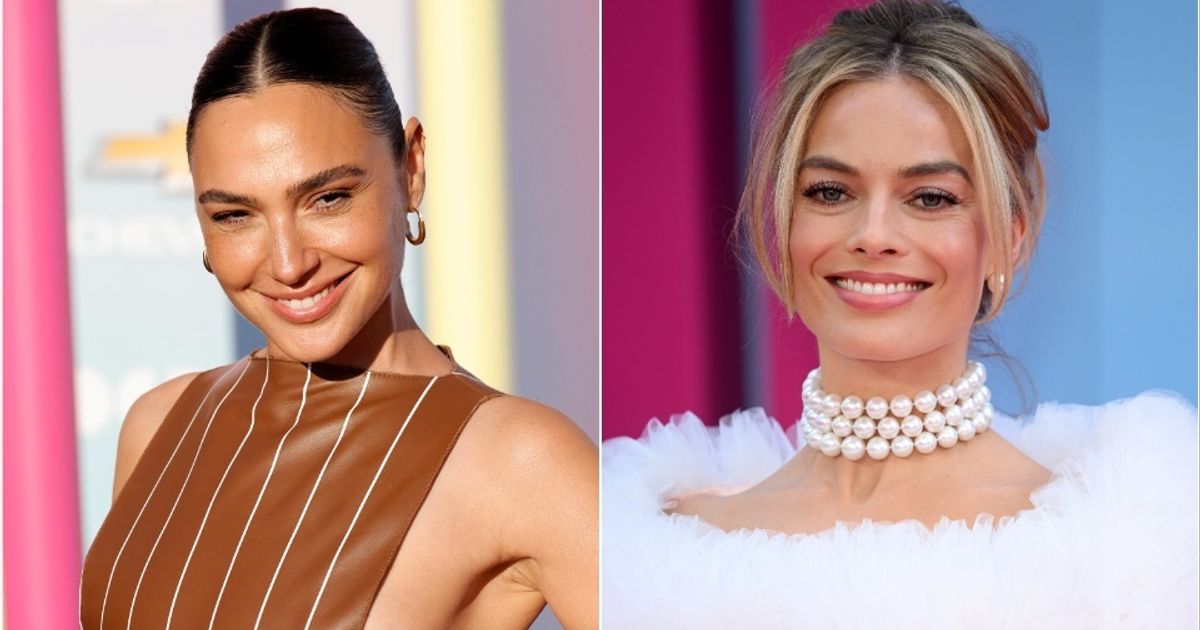
Jennifer Lawrence was only 22 years old when she starred as the lead of The Hunger Games in 2012, a film that would be the first in a trilogy and emerge as a huge box office success in the years that followed. As the lead protagonist of a dystopian action film, the actress did carry the majority of the film’s surrealistic plot, but the components of the story were requisite of a strong female lead who could outshine the absurdist caricature-like supporting actors placed brilliantly throughout the narrative.
In that, Jennifer Lawrence succeeded and gave the audience a franchise that was as memorable as it was impressive. But The Hunger Games was not the first action movie with a relatable female lead nor was Jennifer Lawrence the first female action star.
 Jennifer Lawrence
Jennifer Lawrence
Jennifer Lawrence Talks About Female-Led Action Movies
The stardom of Jennifer Lawrence has been rapid and excellent. The stellar reputation that the actress has maintained, along with the variety she expressed in her later works, then furthered that stardom and propelled it to greater heights. By 2015, Lawrence had become the world’s highest-paid actress and it wasn’t surprising, considering her skills on the reel.

But as contributory as the actress has been to the progress and innovation of the industry, she was sadly mistaken to consider that her Hunger Games legacy created something that was previously absent from Hollywood — a female-helmed action movie that the viewers could relate to, regardless of their gender.
 Viola Davis and Jennifer Lawrence sit for a Variety interview
Viola Davis and Jennifer Lawrence sit for a Variety interview
In Variety‘s new actor-on-actor interview with Viola Davis and Jennifer Lawrence, the latter took to describing what she had considered her role as an action star to mean:
“I remember when I was doing ‘Hunger Games,’ nobody had ever put a woman in the lead of an action movie. We were told girls and boys can both identify with a male lead, but boys cannot identify with a female lead.”
The statement was wrong on both counts. Countless films, directed by such greats as Ridley Scott [Alien], Quentin Tarantino [Kill Bill], and Paul W.S. Anderson [Resident Evil] have not only had female leads in their high-octane, adrenaline-surging action films but delivered classics that the diverse viewer demography has revisited throughout the decades and which are, to this day, celebrated for their legacy-building narrative.
Fans Troll Jennifer Lawrence For Dissing Past Legacies Jennifer Lawrence as Katniss Everdeen in The Hunger Games (2012)
Jennifer Lawrence as Katniss Everdeen in The Hunger Games (2012)
Jennifer Lawrence’s ignorance of the legacy of such actresses as Sigourney Weaver, Uma Thurman, and Milla Jovovich, to name a few, is spectacularly laughable. And so are her statements about boys being unable to identify with female leads since the Alien franchise, Kill Bill duology, and the Resident Evil film series have all generated a devoted cult following in the years since their debut.

Numerous other actresses who had broken past their contemporary time’s gender-enforced bias like Michelle Yeoh (who has been at the vanguard of action films since her late 80s Hong Kong films), Linda Hamilton (the Terminator series), and Halle Berry (Die Another Day) were similarly cast aside in their respective capacities by Lawrence’s singular statement, and the fans have, of course, taken to Twitter to troll the Oscar-winning actress.

Jennifer Lawrence’s statements have not only been proven wrong on all counts but are seriously disparaging of the legacies that came before her and paved the path for an action franchise to comfortably lead the way with a then-unknown and uncredited actress like her.
Source: fandomwire.com



